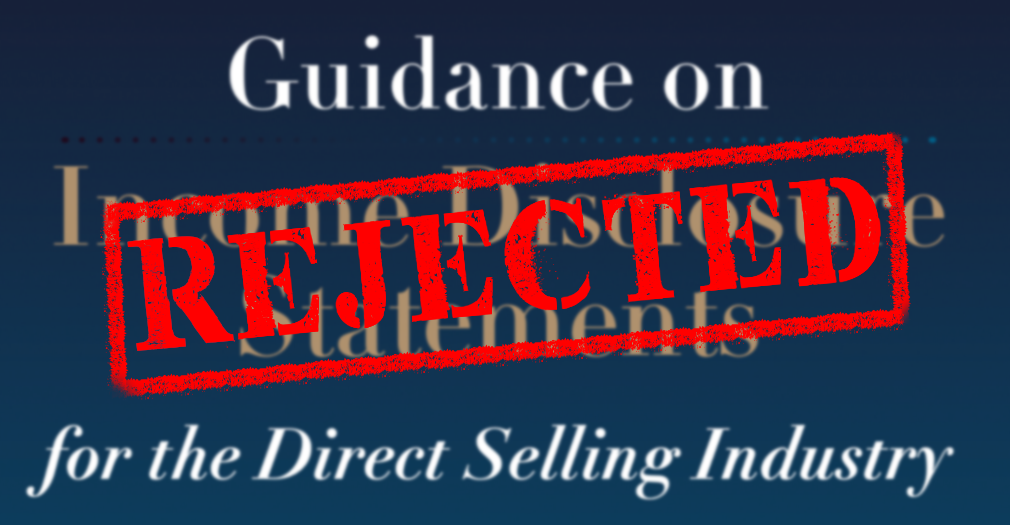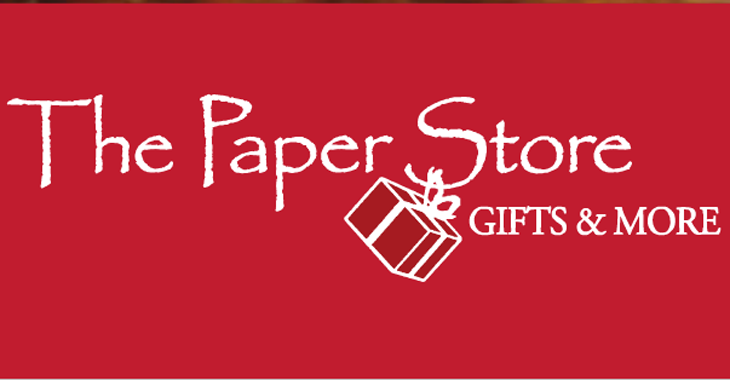
FTC Staff Urge MLMs Not to Rely on Industry Income Disclosure Guidance
Advisory opinion letter raises “serious concerns” with self-reg group’s guidance.
I like paper. I do. I admit it. I’m a throw back to another era. I write plenty of emails, do my fair share of tweeting and posting on Facebook (and love that Snapchat app mind you) to communicate with the outside world and loved ones. But I also like to write personalized thank you notes. I like to send out holiday cards with hand-written messages instead of glossy pictures of my family with pre-typed greetings. And I like to write letters. Good old-fashioned letters –to my daughter in college (who also loves to write letters), to my nieces, and whomever else.
Recently I got a holiday catalogue in the mail from The Paper Store promoting 40 percent off one item. Great, I thought. I’ll refresh my supply of notecards. So I started looking through it and got all the way to the end on Page 47. Hmmm, I must have missed the paper items? So I flipped through it again. There was plenty of nice stuff. Gifts of all kinds, from holiday ornaments to T-shirts to hats and jewelry. But no paper. Well, to be completely accurate, there was a holiday bookmark and a funny book called Farts in the Wild I might still buy. But no stationery or notecards.
Perplexed, I called the local shop in my town – which was once called Hallmark but recently changed to The Paper Store. The manager was very nice. She said the store sells cards and wrapping paper, but other than a very small table of some notecards, there is no other paper in The Paper Store.
Bob Anderson founded The Paper Store in 1964 in Maynard, Mass. when he purchased a stationary shop there. There are now more than 30 stores in New England. In 2012, Anderson told Retail Merchandiser that over the years he diversified the store’s inventory. Diversified indeed.
The manager of my local shop told me sympathetically that people often get confused by the store’s name and come in looking for paper items. Well, at least I’m not alone.
Advisory opinion letter raises “serious concerns” with self-reg group’s guidance.
It may surprise you.
Why TINA.org supports FTC’s proposed changes to COPPA Rule but pushes for more.


